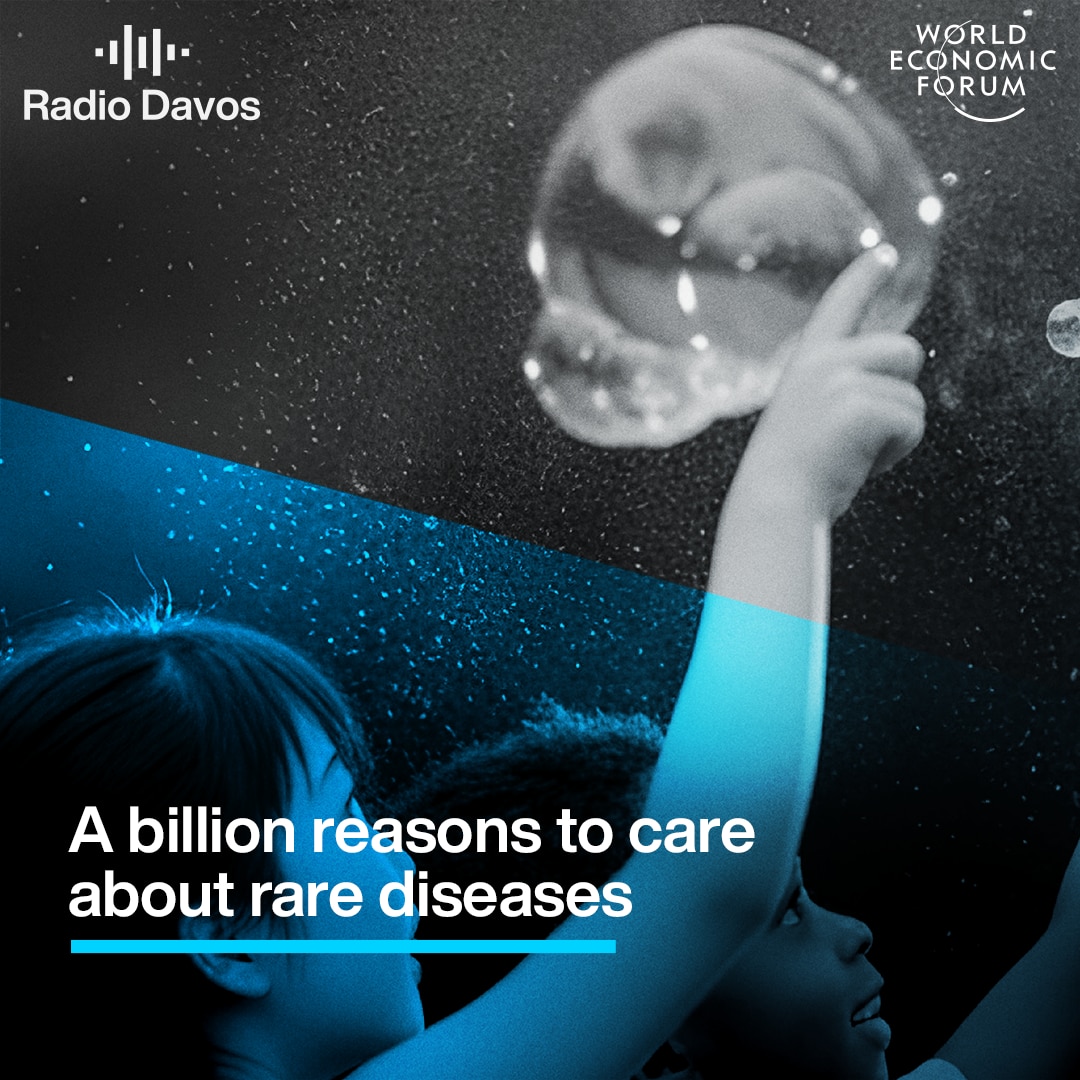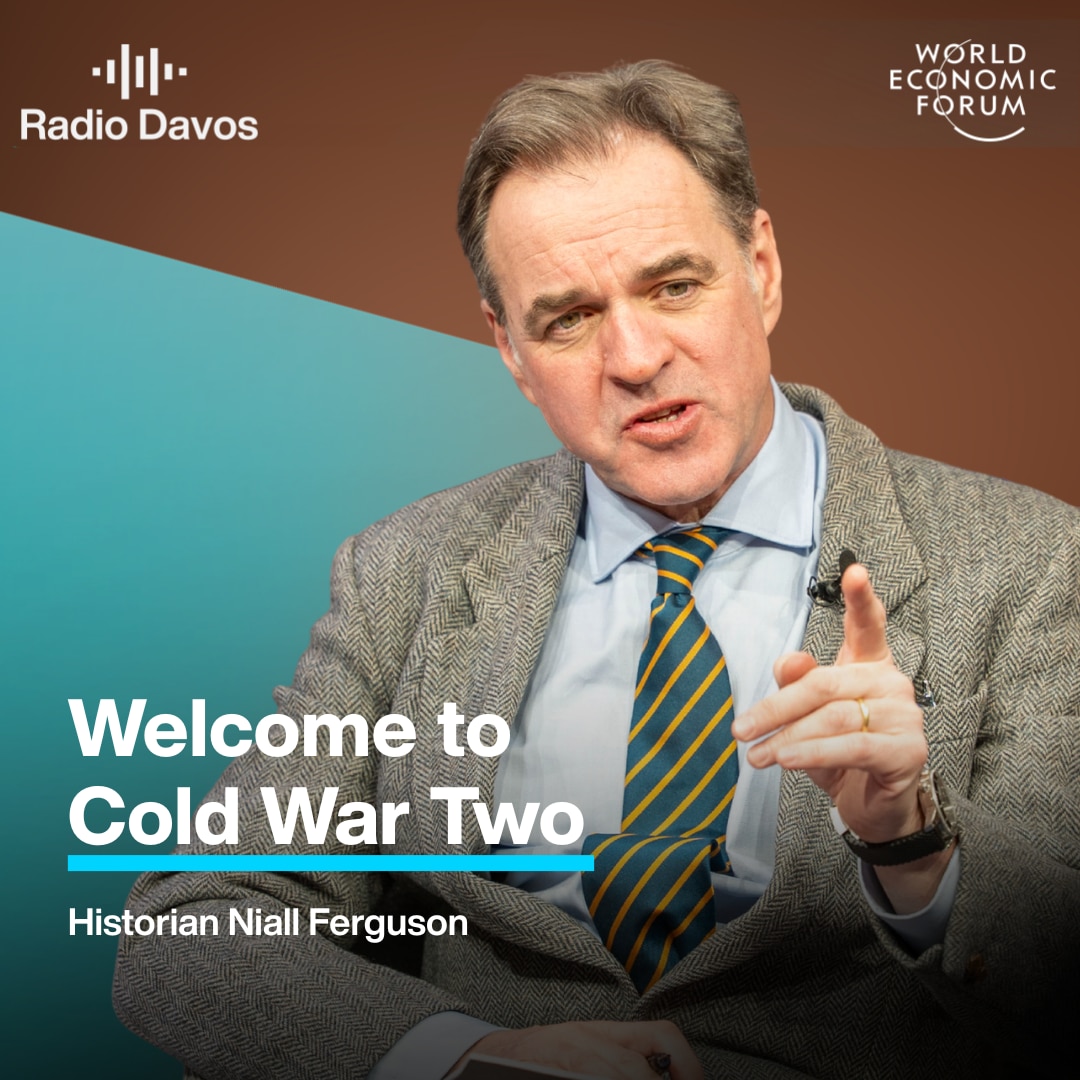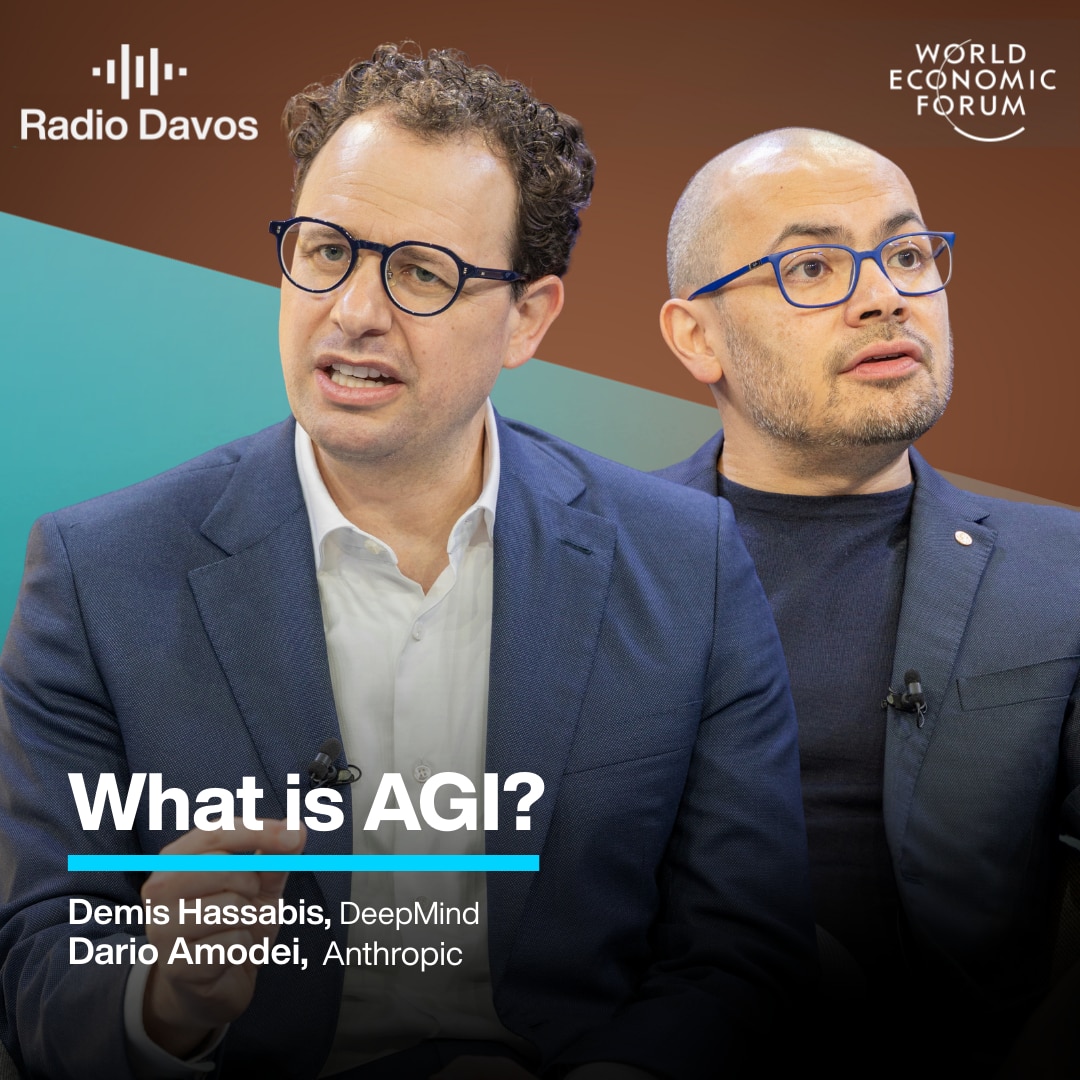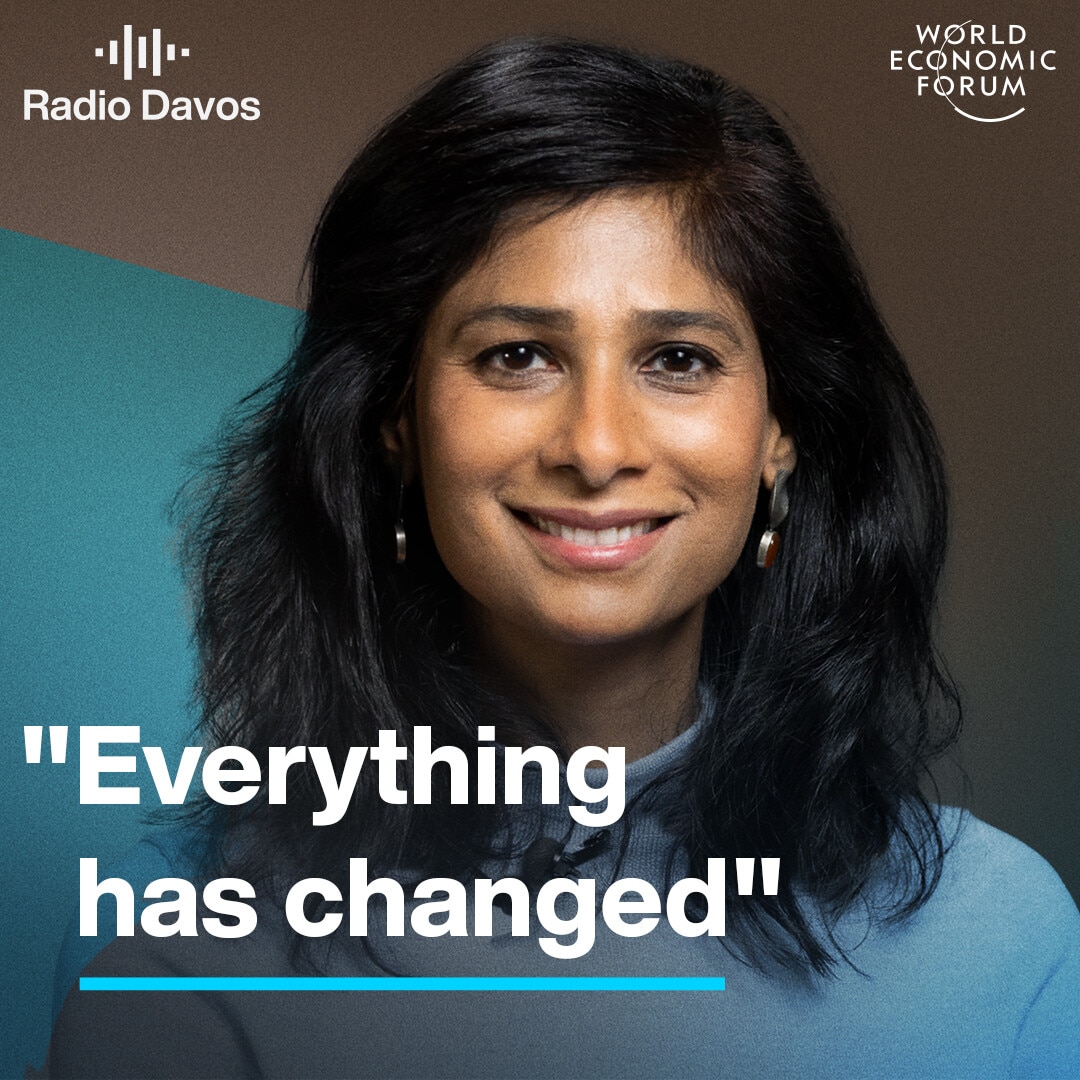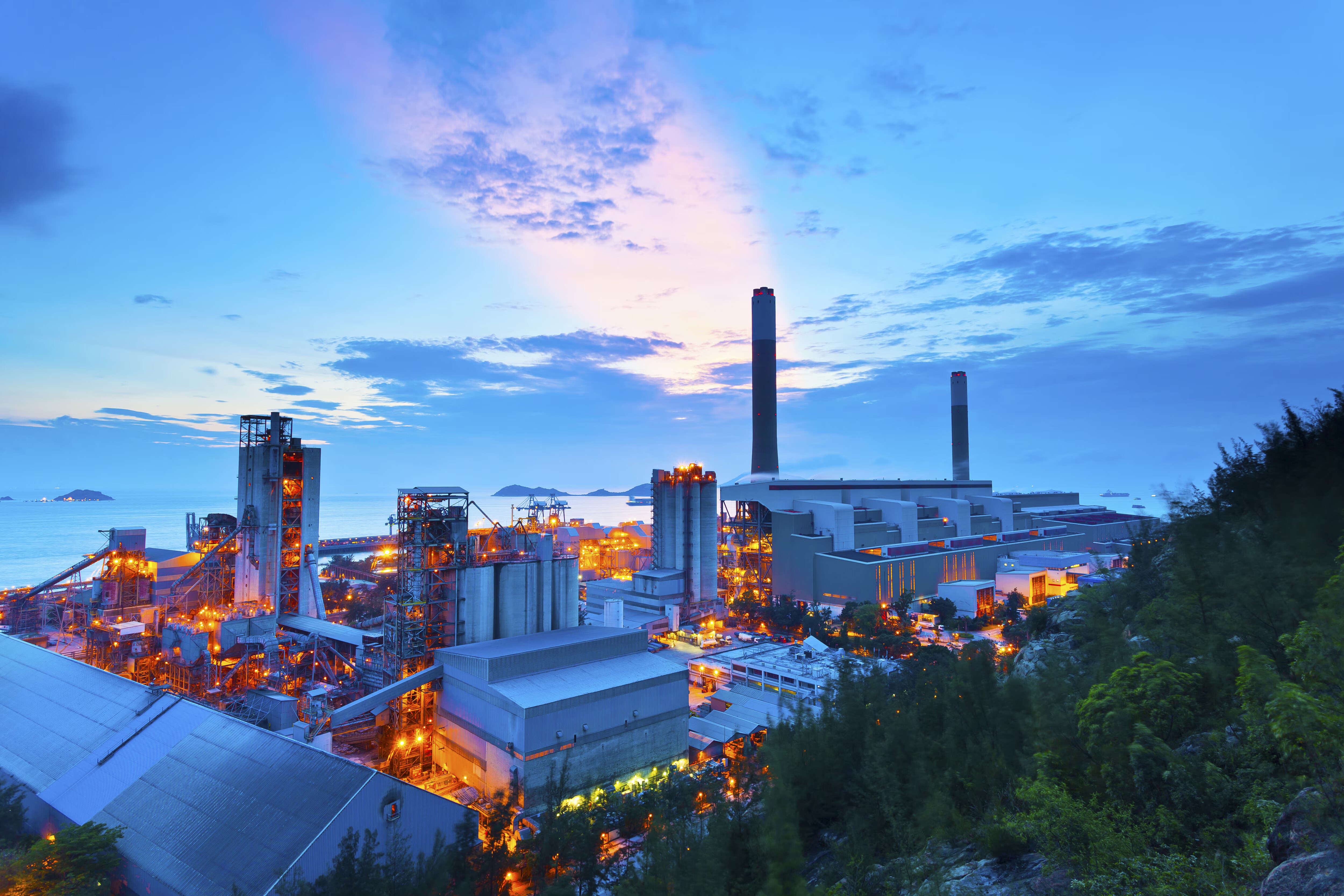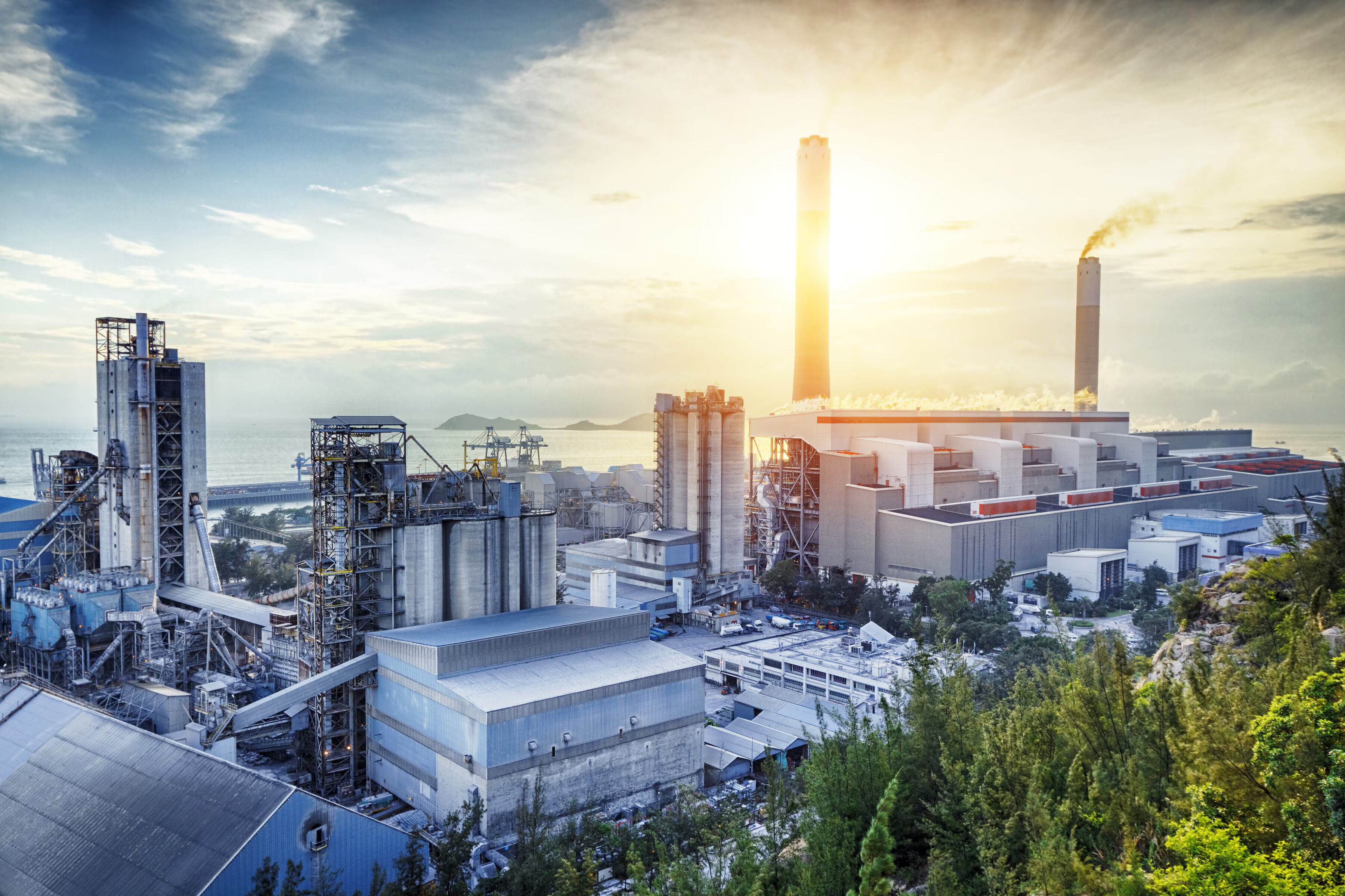How do we ensure the green transition doesn't penalise the poorest?
ポッドキャスト・トランスクリプト
Tarini Fernando, Lead, Equitable Transition, World Economic Forum: Fundamentally, unless there is fairness in the cost and the benefits of climate mitigation actions, we're likely to see pushback.
Robin Pomeroy, host, Radio Davos: Welcome to Radio Davos, the podcast from the World Economic Forum that looks at the biggest challenges and how we might solve them. This week: the world has to act much faster on climate change - but we also need to ensure it is fair.
Tarini Fernando: There are immediate impacts in terms of cost of living. If you're thinking about decommissioning certain infrastructure, whether it's fossil fuel-based in the energy sector or, for example, in the automotive sector, there are immediate questions over local employment effects and livelihoods.
Robin Pomeroy: A new report from the World Economic Forum looks at the issue of climate equity both within countries and between regions of the world as we make the big changes needed on climate change.
Tarini Fernando: The global community will have to transition. And all countries, irrespective of their income levels, irrespective of region, will have to take certain measures to ensure that decarbonisation goals are met. There will be very different transitions for different countries.
Robin Pomeroy: And as those transitions happen across all sectors of all economies, this global report aims to help put real people’s lives at the centre of climate policy
Tarini Fernando: How do we understand this problem better - the multidimensional impacts on equity that climate transition and climate mitigation actions can have? By helping to actually bring those two conversations together, we start to potentially be able to ensure that the climate agenda is not distinct from a socio economic agenda.
Robin Pomeroy: Subscribe to Radio Davos wherever you get your podcasts, or visit wef.ch/podcasts where you will also find our sister programmes, Meet the Leader and Agenda Dialogues.
I’m Robin Pomeroy at the World Economic Forum, and with this look at climate equity around the world…
Tarini Fernando: That really affects people's lives.
Robin Pomeroy: This is Radio Davos
Climate change is a global problem - but climate action has to happen locally, around the world, in vastly differing geographies and economies. So action that might work in Western Europe, for example, may not be appropriate for sub-Saharan Africa.
And there is also the question of economic equity - or fairness - are the costs and benefits of climate mitigation action fairly distributed around the world and between workers, consumers, and small businesses? This isn't just a question of fairness between countries but also within them.
It's a complex issue, and one that is tackled in a new report from the World Economic Forum, in collaboration with Boston Consulting Group, called: Accelerating an Equitable Transition: A data-driven approach. That report looks at 126 countries around the world to understand the potential impacts of climate action on the economies and people there. How jobs and livelihoods might be affected by green policies in things like energy, industry, transport and agriculture.
The report groups countries into one of six categories The categories - or archetypes as the report calls them - range from advanced economies that are already implementing well established climate policies; via economies reliant on fossil fuels, to so-called ‘frontier economies’ - poorer countries that are reliant on agriculture and are often the most vulnerable to the impacts of climate change. And for each of the categories, the report has a country profile - it looks at the UK, Uruguay, Oman, Malaysia, Kenya, and South Korea - looking at the challenges to climate equity across sectors in those places.
Tarini Fernando is one of the lead authors of the report at the World Economic Forum, and she spoke to my colleague Kateryna Gordychuk who started by asking Tarini why the issue of equity is important for all of us when we look at how to confront climate change.
Tarini Fernando: Fairness in the cost and benefits of climate mitigation actions is so central to building public support, but also to ensuring that there is policy stability, which is really what is required across the public in the private sector for some of the long term investments that the green transition overall requires.
But fundamentally, unless there is fairness in the cost and the benefits of climate mitigation actions, we're likely to see pushback to what is really required right now, which is an acceleration of climate action to make sure that our global goals for keeping temperature rises to 1.5°C are really within sight.
Kateryna Gordiychuk: What could be sort of the scenarios where fairness isn't taken into consideration? How can countries suffer from this kind of approach?
Tarini Fernando: So without fairness, when you think, for example, environmental taxes being implemented or phasing out fossil fuel subsidies, there are immediate impacts in terms of cost of living and the trade offs that consumers will feel therein.
Equally, if you're thinking about decommissioning certain infrastructure, whether it's fossil fuel based and in the energy sector or, for example, in the automotive sector, there are immediate questions over local employment effects and livelihoods, and that really affects people's lives.
So unless there are ways in which to really understand that and account for that in the design of policies and in the design of corporate strategies for how to deal with that, we're likely to see essentially sort of a slowdown in progress, both on the environmental side but also on the socioeconomic side. And that is really what we're trying to avoid.
Kateryna Gordiychuk: You use the word pushback a little bit in both answers. Can you elaborate on who the pushback would be by, and why fairness is so essential to make sure that there isn't this pushback to the green transition?
Tarini Fernando: So when we're talking about fairness, we're really thinking about it in terms of workers, when it comes to low income consumers, and also, for example, small and medium enterprises. And so unless there is a sense that it's working for me and I understand the benefits of these policies, there is a sense of, well, how do I reconcile the short term pressures that I'm currently facing with this wider global piece around - yes, we need to get there, but who's paying for it and does it feel fair? Am I willing to actually forego what I need in the short term to reap a potential long term gain?
And so that's really what's at the heart of this is sometimes reconciling the short term and the long term.
And so to really make sure that actually in this current context, there are other macroeconomic factors in play. Cost of living is not just driven by the green transition, but other, you know, supply chains, geopolitical fragmentation, all of which are feeding into this.
And if we're not able to understand, therefore, how is climate mitigation actually now tied into this and how do we bring this equity agenda with climate action together so we can understand where inequality is likely to be intensified as a result of mitigation actions, or where there are new divides that are likely to be created, that could also just lead to further polarisation and a further tension in terms of what people are experiencing in their daily lives.
And that's really what brings it right back to how do we ensure that there is really an understanding about the distributional impacts of climate mitigation action?
Kateryna Gordiychuk: Let's talk a little bit about these low cost versus long term cost to people on the ground in terms of what they need to do in order to achieve this transition, and why is there this tension between them?
Tarini Fernando: Absolutely. So let's think about the fact that actually there are very different types of transitions actually unfolding and taking place. And the transition itself is very geographically specific.
And so that's why in this paper, for example, we're really looking at country specific deep dives to think about where are equity risks playing out because they are very place based and geographically nuanced. They will depend on the country's economic, institutional demographic structure, and therefore there will be quite a lot of variance.
When you then take that up and look at globally, you'd start to see very different kind of contexts, irrespective of if you're a high income country or low income country. There are different challenges to be faced. But in terms of the trade off that you're talking about, let's talk about it in terms of, for example, in the paper we have growth economies. And these are countries that are rapidly industrialising, they're upper middle income countries. And they have growing populations. They have growing energy demand. And they are faced with this challenge of really making sure that economic development is a central priority. But in the absence of widespread access to technology and knowhow and financing, this idea of leapfrogging to green growth can seem pretty elusive.
Kateryna Gordiychuk: That's a really important point you're making. And a lot of countries are, in fact, really concerned about the green transition because of that reason, because there is not enough economic growth yet to help sort of lift people out of poverty, very often. And yet we're talking about implementing all of these new things that might seem daunting. So what are some of the ways in which we could help those countries get there?
Tarini Fernando: So I think, on that one, there are two parts to it.
There is a global policy conversation around mitigation financing and beyond. But what this paper is also doing is trying to recognise that there are policies within countries that can also start to help ensure that those trade offs aren't as acute. But all of that comes back to understanding what is the data that we have, what is the set of frameworks, what are the tools that we have to start to bridge these two conversations together?
And at the moment, that's really the biggest gap, which reinforces the challenge of ensuring that green is fair. And so without data at this intersection of climate action and equity, and without the common frameworks and without the common tools, we're likely to see this challenge actually just intensify over the years to come.
And so that's what we're really trying to get at, is to think about how do we start to conceptualise this? What are the metrics that help us to tell and unpick that story of where mitigation action might exacerbate socioeconomic inequalities?
I mean, just to give you an idea, we've looked at 58 indicators in this paper. Only five are globally systematically collected at the moment. And that sort of tells you a little bit about we've got a ways to go in terms of understanding how best to bridge these two. And these metrics aren't exhaustive. They're not complete. They're sort of a starting point in terms of how we think we might start to contribute to that conversation of conceptualising where mitigation and equity kind of coming into the same frame.
Kateryna Gordiychuk: So essentially, without data, it's really hard for us to know how to help these countries.
Tarini Fernando: Exactly. And how countries can actually help them. You know, there's real interest especially, you know, you see this in a number of countries, they have nationally determined contributions, and they've spoken out about the importance of having an equitable transition. Many articulate the aspiration to for it to be inclusive and just. But the real question is how do you get there? And that's really where the common language, the data really comes into play. And the global community could really benefit from understanding and having this conversation about what are the metrics, what is the data, what are the tools that we can start to be using?
Kateryna Gordiychuk: I'd love to dive a little bit more into the categories, the archetypes you call them, from the paper, because there's so many countries and it seems like their journeys are different, but in fact the paper groups them into six categories. Can you tell me a little bit about how this was decided and what are some of these archetypes?
Tarini Fernando: Yes. So in this paper, what we try to do is to recognise that there will be very different transitions for different countries. But all of the global community will have to transition. And all countries, irrespective of their income levels, irrespective of region, will have to take certain measures to ensure that decarbonisation goals are met.
And in this paper, what we're doing is looking at 126 countries and we're looking across five dimensions of economic equity first thing. So when we talk about economic equity, we're thinking about things like employment and job transitions, accessibility to goods and services, affordability of goods and services.
The third is access to financing and investments. And the final dimension of economic equity that we look at is access to capacity. So really looking at do people have the access to the technology, the know how, the resources, the land resources, both, you know, human capital, but also natural capital to be able to transition.
So we look at sort of these structural factors, metrics that sit underneath that. So to give you an example, within the employment and job transitions, we look at metrics like the level of education in the workforce, the demographic structure of the population, which tells you about the future workforce. We look at reskilling investments and we look at, for example, the labour protection system in that country. And those are structural factors that sort of influence what the employment and job transitions landscape can look like. How well-positioned might a country be to respond to reskilling imperatives and the job transitions that are required as part of the green transition?
And so we do that for all of the five sort of equity dimensions that we've laid out.
And then we look at a sixth dimension, so to speak, which is really the mitigation context. So again, with a view to how do you bring these two conversations together.
The mitigation piece that we're looking at is trying to understand where is the country right now in terms of their structural journey towards climate transitions. So what is the economic structure look like in terms of the percentage of the workforce in agriculture versus, for example, industry? We look at emissions intensity, we look at fossil fuel dependence, and for example, how much progress has been made in terms of adopting renewable energy use.
And so we look at all of these metrics. And really the goal is to try to understand what is the current structural context. And in doing that, there are obviously some simplifications that come with just a clustering approach. But we end up with six archetypes and these six archetypes. The hope really is that there are common challenges, and therefore also common strategies, that many can therefore use to respond to some of the equity risks that climate mitigation action might surface.
Kateryna Gordiychuk: One of the archetypes we've already talked about, which is growth economies. From what I understood, growth economies are really characterised by heavy dependence on industry and agriculture as well. And so some of the challenges are coming from that. Can you tell us a bit more about what are the challenges the countries like Malaysia, for instance, face in this category of countries?
Tarini Fernando: Absolutely. So Malaysia is the characteristic country of our growth economies. And really the goal and the challenge there is really about how do you combine a socio economic agenda with a carbon neutral agenda.
And so they are well positioned to reap sort of the demographic dividend, but it really also relies on continued investments in the workforce, in reskilling and ensuring that they can make sure that, you know, they have the right mechanisms in place for an inclusive transition.
And Malaysia, for example, they have a national energy transition plan, which really speaks to the importance of an energy transition for the country's continued prosperity, but equally tries to think about, for example, how do you target measures. So when it comes to phasing out fossil fuel subsidies, for example, what does it look like to target that so it doesn't disproportionately affect a particular segment of the population that might be more vulnerable.
Kateryna Gordiychuk: Another really interesting category archetype of countries is emerging green adopters. Perhaps there are some similarities with the growth economies in some way. Can you tell me a little bit about them? I believe that Uruguay was the country that characterises sort of the way that this group behaves, if you will.
Tarini Fernando: Yes. So the emerging green adopters are countries that are typically actually most of them from our analysis, are in Central and Eastern Europe with a few other regions included. For example, Uruguay is in that list.
And these countries are upper middle income countries typically, and they are transitioning to new sorts of innovation models. The challenge for many of them is that a large part of the workforce is in legacy industries. So how to transition and make sure that those countries are able to have an inclusive transition for workforces that are in legacy industries, is sort of a potential key challenge to focus on. But like I said, they are countries that are really on their way to adopting new technologies, adopting green technologies that can foster the transition.
And Uruguay is characteristic of that. So Uruguay is a high income country that has already done quite a lot to make sure that renewable energy is its primary source of electricity in the power mix. And now they're sort of on the second transition to widen and make sure that the wider energy mix in the economy is really also from renewable sources. And so they have quite a lot of focus right now on including hydrogen to drive green transport and green heavy industry essentially.
Kateryna Gordiychuk: What about some of the categories where countries are already well integrated, the green transition, into their economy, what can we say about them?
Tarini Fernando: The inclusive green adopters really include a number of countries in Western countries and Western European countries, for example Canada. In Europe, there's Spain. There are a number of others, New Zealand, Australia, that are in this archetype. And they're typically high income countries, highly industrialised economies, service driven economies really, that have done quite a lot to adopt green technologies to drive the transition. But competitiveness overall and eroding competitiveness, as well as cost of living pressures are really some of the key challenges that are on the horizon for these economies.
They have a very strong, skilled labour force typically, but also an ageing workforce. So actually being able to transition the population and the workforce to cleaner industries is one of the core challenges.
In our analysis, and the UK is one of the examples that we use here, and affordability and that real piece around, you know, strides forward in the green transition and the policy pieces in place, but the challenge of ensuring affordability is really top of mind. I think in the UK there were up to 6 million people who really struggled with fuel poverty in 2024. And so again that brings to the forefront the importance of ensuring that sometimes the high upfront capital costs that are a part of green incentives and green measures to, for example, retrofit your home, how do you ensure that low income consumers can access that? How do you design that policy to make sure that those incentives aren't just incentives that a particular segment of the population can access?
Kateryna Gordiychuk: That is so interesting. And I'm thinking about the similarities with another archetype, with green developers, and the fact that these countries account for such a large amount of emissions as well, and what needs to be done there in order to make sure that the transition is equitable as well. What characterises that type of country?
Tarini Fernando: So the green developers are highly advanced economies and really technologically advanced as well. So what sets them apart really is that R&D innovation ecosystem piece.
So there are five countries in this archetype. And actually together they account for 85% of the world's green patents. That tells you a little bit about sort of that technology concentration.
South Korea is an example of an economy in this archetype. Again, a highly industrialised, highly advanced, technologically driven economy. But there are challenges consistent with all of the other archetypes. There are challenges and there are opportunities. And here one of the biggest ones is potentially an ageing workforce as well, where transitioning and ensuring that workers are able to step into cleaner industries in an inclusive way is potentially top of mind.
Kateryna Gordiychuk: It is such an important part of this conversation, the ageing workforce or the younger workforce. How can we make sure that when we talk about fairness, we also take this into consideration, because it is true that in a lot of these economies, there might not be enough people in the future to work on this equitable transition. And the same is true, the opposite, there might not be enough sort of skilled workers to continue with the transition in some other countries. So what should we know about the populations in these countries?
Tarini Fernando: I think demographics plays a huge role, of course, in terms of overall what one of these transitions looks like. And it also helps to contextualise what are some of the challenges here and now, and what are some of the potential challenges further down the line.
When we think of other economies where there are growing populations, that really brings to the forefront that challenge of meeting growing energy demand while ensuring that immediate needs to grow the economy and to make sure that living standards aren't compromised are really at the fore.
But I think it kind of goes back to that how do we understand this problem better? How do we ensure that there is data that helps us to understand the multidimensional impacts on equity, that climate transition and climate mitigation actions can have?
And so I think by helping to actually bring those two conversations together, we start to potentially be able to ensure that the climate agenda is not distinct from a socio economic agenda. And having the common language, the tools and the frameworks and the data to bring those two conversations together, I think really is a first step in ensuring that some of the challenges that you've just highlighted or talked about in terms of the different types of workforces that economies might have and who might need more support, who might need less support, you understand that picture better when you have the right tools in place.
Kateryna Gordiychuk: We talked a lot about some of the categories. There's also a couple of categories that we haven't discussed yet. One of them is countries that are not yet reliant on the green transition as much, which are the fossil fuel exporters. What is characteristic of that group?
Tarini Fernando: So fossil fuel exporters are countries that are heavily reliant on fossil fuel rents and subsidise energy consumption for their national prosperity. So a lot of these countries are in the Middle East. And for example, our paper looks at Oman.
What characterises them is this context in dependence on oil and gas in the past. But many are also, like Oman, trying to figure out how do you transition to cleaner sources of energy. And that's really where the potential challenges lie is in terms of how do you, you know, have a much wider economic diversification of a particular economy, restructure the fiscal system so there's less dependence on, for example, these fossil fuel rents. And how to do that is really a challenge. But to their advantage, they have very strong STEM workforces that can lend themselves to, with the right supports for reskilling, with the right supports for job transitions, to that restructuring.
Kateryna Gordiychuk: And finally, there's a group that perhaps faces some of the biggest challenges, the frontier economies. From my understanding, what's most interesting about them is that they have some of the lowest emissions, and yet they do suffer a lot from climate change because a lot of them are agrarian societies. Can you tell me a bit about them and their specific challenges?
Tarini Fernando: Yes. So the frontier economies are exactly as you said, in terms of a large proportion of the workforce is employed and a large proportion of the GDP comes from agriculture. They are countries that are typically more exposed to climate hazards.
They're are also countries that have, you know, historically also contributed the least to global carbon budgets. They are also countries that, to date have very low levels of emissions per capita.
But the challenge is really in building what it takes to drive sustainable growth resilience in the long run and adapt to some of these climate hazards in the short term as well.
And so countries like Kenya are characteristic of this archetype, where there is an abundance in Kenya, for example, of renewable energy. But the country still struggles to make sure that there's widespread access. So 35% of the rural population still lacks access to electricity.
So while there's an abundance of renewable energy, on the one hand, Kenya is a country that potentially looks to its domestic market as well as importing coal to meet its energy needs. And so that really brings again to the forefront that trade off that some of these countries are facing, low income countries with young populations, in meeting their development goals, but also trying to ensure that they are on this journey of the green transition.
And so I think, you know, similar to the growth economies, for many of these economies, lower middle income countries, it's that access to financing, access to technology, the knowhow, that is really necessary to ensure that that idea of leapfrogging is not just an idea, but actually something that is a bit more tangible and possible.
Kateryna Gordiychuk: But obviously, there's so many things to take into consideration, and each country's context is unique. But if you had to think about some of the sort of success stories or lessons from some of these archetypes, what would be your top 2 or 3 that you would think of?
Tarini Fernando: Top lessons from these archetypes. That's a tricky one. To be honest, I think the archetypes are really a starting point to help conceptualise where these different equitable transition journeys and how they might take place.
I think what the archetypes also do tell us, though, is that alone is not sufficient. And that's why in this paper we look at those country level dashboards, is to say, in complement with understanding the macro trajectory that might unfold, ultimately, the transition is very, very place based. There are very localised impacts to economic equity and to the risks that might unfold. And so looking at that from a country level perspective is really important.
And for example, when we think about some of the countries in this analysis, some of them are quite large, right? There are huge differences when you look across a large country in terms of climate policy, governance, or actually just the natural capital availability or the resource dispersion within economies. Looking further at the national context is really quite important and really needs to go and complement with the bigger picture piece on what are the archetypes telling us.
How then do we look at within a country and think about metrics that potentially tell us about where our workers or small businesses most exposed to these risks?
So things like electricity access, looking at the financing environment, and thinking about, you know, small and medium enterprises. Is there the right availability of finance? Are they well positioned to take that up? And so looking at that at a country level is again quite important to be able to really understand the distribution of of potential risk.
Kateryna Gordiychuk: We've discussed so many different examples. But if somebody decides to, at a glance, look at the six archetypes we have, from inclusive green adopters to frontier economies and so on and so forth, what would be your hope that people learn from from this analysis that you present through the archetypes?
Tarini Fernando: So in terms of what I really hope people take from this is really the importance of bringing two conversations together, bringing the conversation on climate together with the conversation on socio economic equity and finding common frameworks, finding common tools.
Data that helps to bridge these two conversations is really what we're trying to achieve with the archetypes, to give a more nuanced view of the sorts of challenges and opportunities that countries might face, and therefore also to recognise that those two conversations, climate and economic equity, look very different at a country level.
And so while the archetypes really provide a a broader view of a structural context and the starting point that a country might be on, it's equally important to look at a country level and think about where are the equity risks and how are they distributed.
And because the transition has such geographically specific implications, that country-level analysis is really key.
And I think we talked about the fact that, you know, in some of those countries and those archetypes are large countries, countries like China and countries like the United States, where there are very big differences at the subnational level when it comes to resource availability, when it comes to climate policy governance. And so the archetypes, in complement to the equity risks at a country level, are really two things that sort of go hand in hand and help to bridge these two conversations on climate action with socioeconomic equity.
Robin Pomeroy: Tarini Fernando. The report - available on the Forum’s website, links in the show notesn is called Accelerating an Equitable Transition: A data-driven approach.
This is the last Radio Davos for a few weeks as we take a summer break - but there are loads of episodes in our back catalogue - wherever you get your podcasts or at wef.ch/podcasts where, please also do check out Meet the Leader and Agenda Dialogues.
To get in touch, please leave us a message on the World Economic Forum Podcast club on Facebook.
This episode of Radio Davos was presented by me, Robin Pomeroy with reporting by Kateryna Gordiychuk and editing by Jere Johansson. Studio production was by Taz Kelleher.
We will be back in a few weeks, but for now thanks to you for listening and goodbye.
Scroll down for full podcast transcript - click the ‘Show more’ arrow
Going green - in energy, agriculture, industry and elsewhere - will have costs and benefits, so how can we ensure the poorest don't pay the price or miss out on the opportunities?
A new report from the World Economic Forum has defined six 'archetype' countries and looks at the differing challenges across the globe, and what policymakers need to know to achieve an 'equitable transition'.
Guest:
Tarini Fernando, Lead, Equitable Transition, World Economic Forum
Links:
Accelerating an Equitable Transition: A Data-Driven Approach: https://www.weforum.org/publications/accelerating-an-equitable-transition-a-data-driven-approach/
Related articles:
How do we ensure the green transition doesn't penalize the poorest? https://www.weforum.org/agenda/2024/07/green-transition-equity-energy-report/
5 key insights into how to accelerate an equitable energy transition: https://www.weforum.org/agenda/2023/06/5-key-insights-accelerate-the-energy-transition-amnc23/
Why the global energy transition must be just and equitable: https://www.weforum.org/agenda/2022/06/why-the-global-energy-transition-must-be-just-and-equitable/
Why it's vital to take a people-centred approach to equitable energy transitions: https://www.weforum.org/agenda/2024/06/people-centred-approach-towards-equitable-energy-transitions/
Related podcasts:
その他のエピソード:
「フォーラム・ストーリー」ニュースレター ウィークリー
世界の課題を読み解くインサイトと分析を、毎週配信。
もっと知る エネルギー転換すべて見る
Oxana Saimo and Ryan Hardin
2026年1月16日

